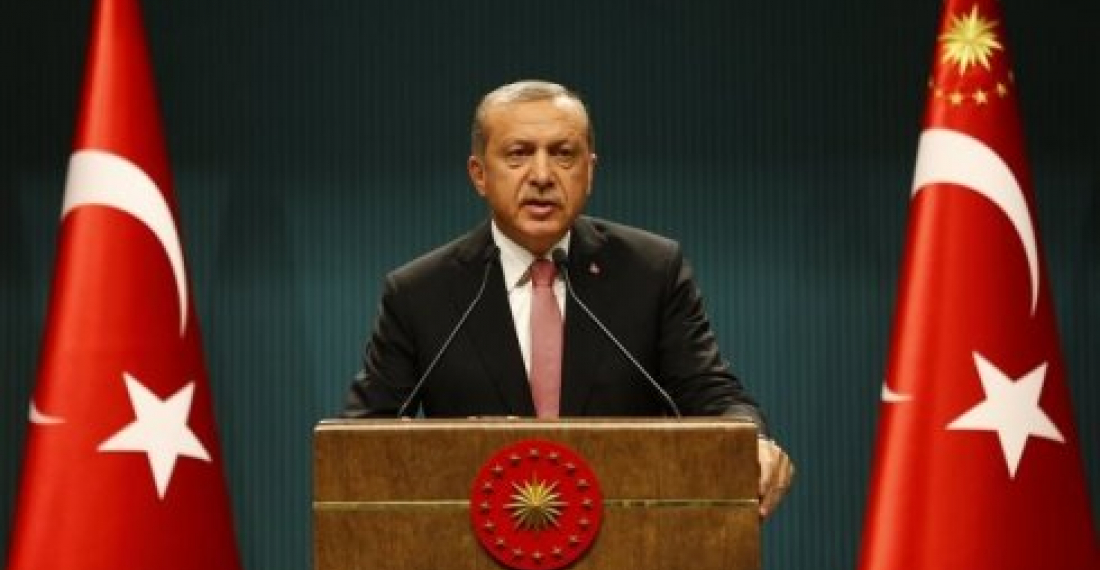After months of political turmoil, and a conclusive but contested constitutional referendum last weekend, Turkey's President, Recip Tayip Erdogan is now set to define Turkey's foreign policy course. Next month the Turkish President will embark on a world tour that is expected to take him to Washington, Beijing, New Delhi and Brussels.
In Brussels Erdogan will participate in a summit of NATO leaders and also meet with the President of the European Council, Donald Tusk and the President of the European Commission Jean-Claude Juncker
Reporting the planned trip, the Turkish newspaper Hurriyet Daily News said that sources close to the Presidential office in Ankara told it that Erdogan's message to Europe is expected to center on unopened accession chapters, visa liberalization, the outlawed Kurdistan Workers' Party (PKK) and the Gülenist movement's activities in Europe, according to presidential sources.
"Turkish sources noted that Ankara had reacted positively to German Chancellor Angela Merkel's call for dialogue following the referendum, while stressing that further contacts with Europe would follow in this process", the newspaper said.
The visit has been anticipated for some time, and sources in Brussels hope that it will be substantive enough to enable the sides to clear the air, and turn the page, after what has been a very difficult year in Turkey-EU relations.
source: commonspace.eu with Hurriyet Daily News.
photo: Turkish president Recip tayip Erdogan (archive picture)






